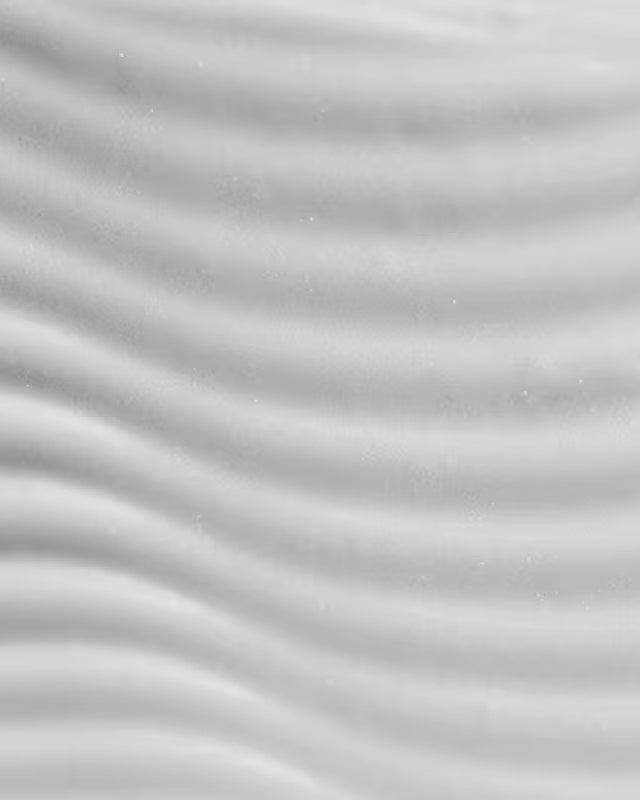
How Often Should I Moisturize My Face?
If you break down a solid skincare routine into its three most essential steps, they are: cleansing, moisturizing, and applying SPF. And while you probably know you need to apply sunscreen every morning, facial moisturizer may be a little more ambiguous.
Keep reading to find the answer to the age-old question, “How often should I moisturize my face,” and moisturization tips tailored specifically to your skin type.
The Importance of Moisturizing
Moisturizing is one of the most crucial parts of any skincare routine, regardless of your skin type or skin concerns.
Here’s why: Every day our natural skin barrier can be damaged by weather, natural aging, and irritants like cleansers, which can impact overall skin hydration. This damage can result in a loss of moisture in your skin.
To replenish and repair that vital skin barrier, you need a hydrating moisturizer to maintain healthy and well-hydrated skin.
Understanding Skin’s Hydration Needs
When skin is dehydrated, it can negatively affect your skin barrier, leading to a number of skin issues. This barrier is made of molecules that work to keep water in and keep harmful elements out, making maintaining this barrier a vital part of achieving healthy skin.
Dehydration can be caused by a variety of factors that we mentioned earlier (weather, age, and your environment), but how do you know if your skin is dehydrated?
Most commonly, dehydrated skin feels tight and uncomfortable, but longer-term dehydration is even more damaging. It can affect your skin’s ability to renew itself, resulting in dry skin, a build-up of dead skin cells, and even irritated skin—common skin issues that can benefit from targeted skincare products.
When to Moisturize Your Face
Now that we’ve covered the basics, let’s dig into our initial question: How often should you be moisturizing your face? The best practice is to moisturize twice a day—after cleansing in the morning, and again after cleansing at night.
Why is post-cleansing moisturizer so important? Because skipping this step after cleansing could dehydrate your skin.
You need to replenish hydration after you’ve used face wash and hot water on your skin, and moisturizing after cleansing helps to lock in your skin’s moisture.
Choosing the Right Facial Moisturizer for Your Skin Type
Although everyone needs to moisturize, not every moisturizer works for every skin type. Here are some guidelines to help you pick a moisturizer for your specific skin type:
Oily Skin: If you have oily skin or acne-prone skin, opt for lightweight, non-comedogenic, or gel-based moisturizers that don’t clog pores. You can also try oil-free formulas.
Dry Skin: Drier types need richer, cream-based moisturizers to help restore and maintain the skin’s moisture barrier, avoiding dryness or moisture loss. For daytime, our Refreshing Water Cream is a great option for 24+ hours of hydration plus SPF 50 sun protection.
Combination Skin: For combination skin, you have options. You can use different moisturizers on areas of your face as needed, or you can find a balanced formula that fits the bill for your skin as a whole.
Sensitive Skin: If your skin is sensitive or you have specific skin concerns, make sure you seek out hypoallergenic and fragrance-free moisturizers to avoid irritation.
How Much Moisturizer to Use
After you’ve found your moisturizer, it’s time to apply. If you’re applying the formula to both your face and neck, you’ll want to use about the size of a quarter. If you want to also apply your face moisturizer to your chest, add another nickel-sized dallop. And if you want to apply your moisturizer to just your face, the size of a nickel should be suitable.
Pro tip: In more extreme weather or drier locations, you can use a little more moisturizer to make up for the dry conditions.
Advanced Moisturizing Tips
After you’ve gotten your moisturizing routine locked in, you can always add additional hydrating products to your regimen to ramp up your results. You can enhance your moisturization with serums or hydrating toners prior to applying moisturizer, or even include a face mask in your routine.
Different times of year or using indoor heat or AC can cause your skin to lose additional moisture. You may need to swap your daily moisturizer for something more intensive in these conditions.
Common Moisturizing Mistakes
There are some common misconceptions when it comes to moisturizing. Avoid these mistakes to help you achieve hydrated, healthy skin:
- Only moisturizing when your skin is dry: Your skin always needs to be moisturized even if it’s oily. Skipping moisturizer can actually cause your skin to overproduce oil and clog your pores.
- Using the same moisturizer on your face and body: Face moisturizers are formulated especially for facial skin. Using body lotion on your face can result in skin irritation and, if you’re acne-prone, maybe even breakouts.
COOLA’s Hydration Solutions
At COOLA, we have a range of moisturizers tailored for various skin types and needs. Whether your skin is acne-prone or dry, we have formulas packed with plant-based, antioxidant-rich ingredients without any of the bad stuff—giving you healthy, hydrated skin.
Regular moisturization is essential for maintaining the look and health of your skin. If you’re searching for a new daily dose of skin hydration, explore COOLA's line of moisturizers to find the perfect formula for your skin type and lifestyle.




